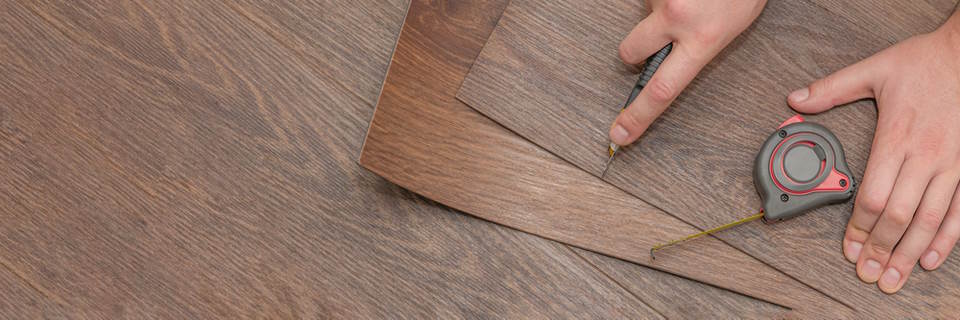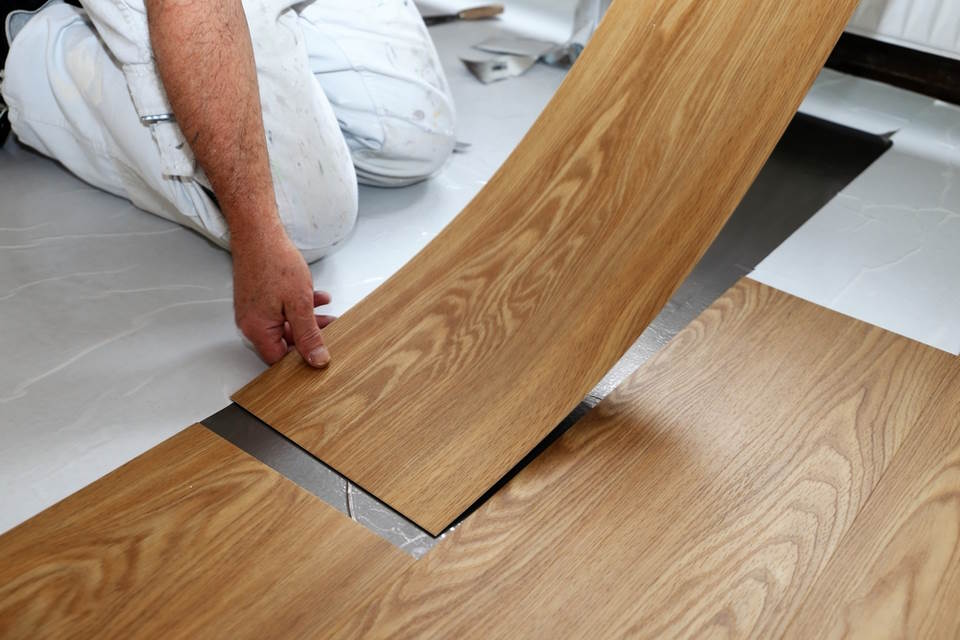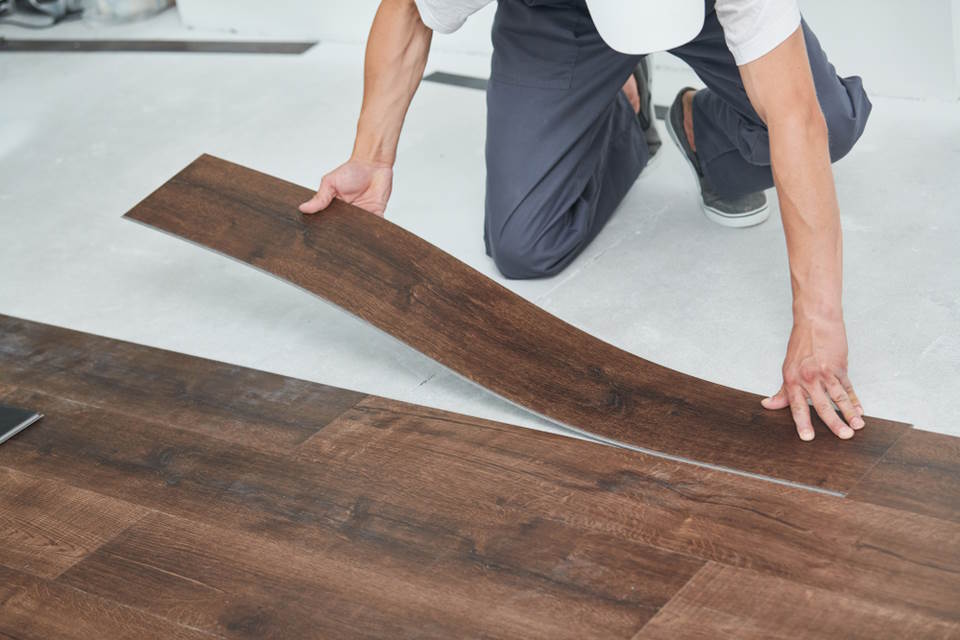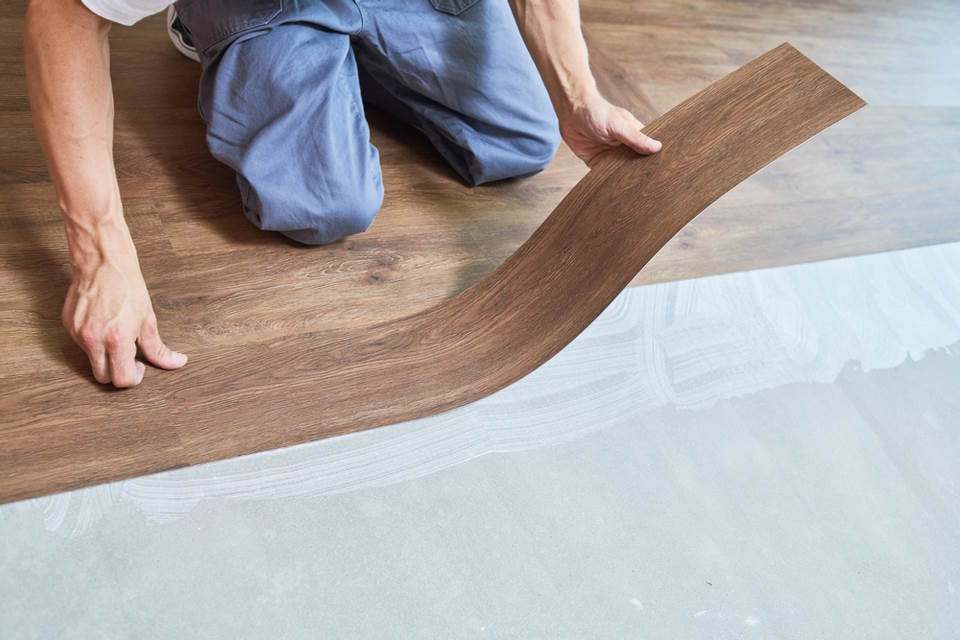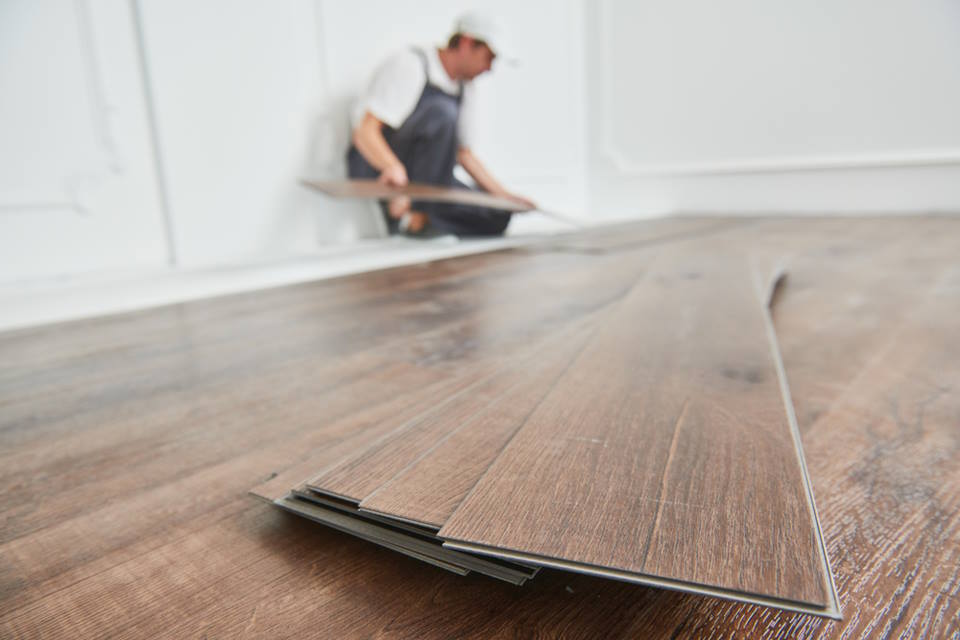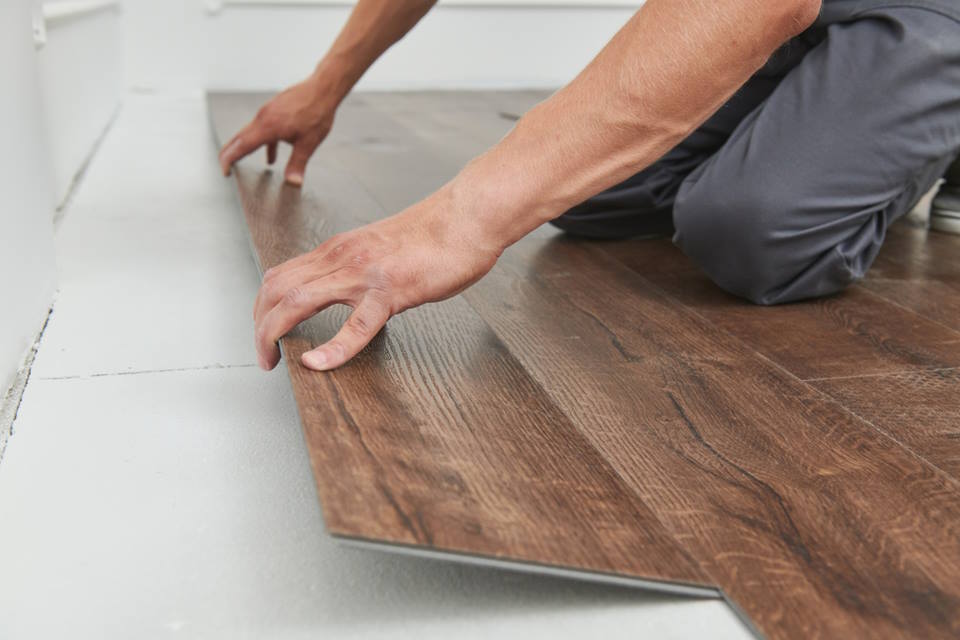Introduction
Are you planning on installing vinyl flooring in your home but wondering how long it may last? It is understandable to want to know the lifespan of a product before investing in it.
Vinyl flooring has become popular due to its durability and affordability. On average, vinyl flooring can last between 10 to 20 years. Its longevity depends on various factors, such as maintenance, foot traffic, and quality.
- Maintenance: Proper maintenance is crucial in extending the lifespan of your vinyl flooring. Regular cleaning and timely repairs of scratches and dents can go a long way in preserving the condition of your floor.
- Foot traffic: The more foot traffic your vinyl floor endures, the more quickly it will wear out. High traffic areas like hallways and entryways are more likely to show wear and tear than low traffic areas like bedrooms.
- Quality: Higher quality vinyl flooring typically has a longer lifespan than the lower quality options. Inexpensive vinyl flooring may only last for a few years, while high-end options can last up to 20 years.
Vinyl flooring is a durable and long-lasting option for your home. However, proper maintenance and quality of the product are vital in determining its lifespan. Investing in a high-quality vinyl floor and taking care of it properly can ensure that it lasts for many years to come.
What Is the Disadvantage of Vinyl Flooring?
When it comes to flooring options, vinyl is a popular choice due to its affordability, durability, and versatility. However, like any other product, vinyl flooring has its disadvantages that should be considered before investing in it.
One of the biggest disadvantages of vinyl flooring is its susceptibility to scratches and dents. Even though vinyl flooring is resistant to moisture and stains, it is prone to tearing and gouging due to sharp objects such as furniture legs, pet claws, and high heels. Additionally, heavy furniture can leave permanent indentations on the vinyl surface if not lifted and moved with care.
Another disadvantage of vinyl flooring is that it isn’t eco-friendly. Most vinyl flooring is made of polyvinyl chloride, or PVC, which is a synthetic plastic material that can emit toxins and harmful chemicals into the air during and after installation. Furthermore, PVC isn’t biodegradable, which means that vinyl flooring contributes to environmental pollution and waste.
Lastly, vinyl flooring isn’t as visually appealing as natural materials such as hardwood or stone. Although vinyl flooring manufacturers have made significant progress in replicating the look and texture of natural materials, the overall appearance of vinyl flooring falls short in comparison. Vinyl flooring can look artificial and impersonal, which can detract from the aesthetic value of a room.
How Often Should You Replace Vinyl Flooring?
Vinyl flooring is a popular choice for both residential and commercial spaces due to its durability and affordability. However, like all flooring materials, it will eventually need to be replaced. The frequency with which this happens will depend on a variety of factors.
Quality of installation: One important factor to consider is how well the vinyl flooring was installed in the first place. If it was installed by a professional using high-quality materials, it may last longer than if it was installed by a DIY enthusiast or with subpar products. This is because a poor installation can lead to problems such as uneven wear and tear, which can reduce the overall lifespan of the flooring.
Level of foot traffic: Another important factor to consider is the amount of foot traffic that the vinyl flooring is subjected to over time. A busy household or an office with high levels of foot traffic will naturally put more wear and tear on the flooring than a quieter space. As a result, the more heavily trafficked the area, the more frequently the vinyl flooring will need to be replaced.
Environmental factors: Environmental factors such as humidity and exposure to sunlight can also impact the lifespan of vinyl flooring. If the flooring is installed in an area with high humidity levels and doesn’t have proper ventilation, it may begin to warp or buckle over time. Similarly, if the flooring is exposed to direct sunlight on a regular basis, it may fade or become discolored. Keeping these factors in mind can help you determine when it’s time to replace your vinyl flooring.
Is Vinyl or Laminate Better?
When it comes to choosing flooring options, many homeowners find themselves stuck between vinyl and laminate. Both have their pros and cons, but ultimately, the decision boils down to what you value most- durability or aesthetics.
When it comes to durability, vinyl is the clear winner. Vinyl flooring is waterproof and can withstand extreme conditions, making it an ideal choice for high-traffic areas like bathrooms and kitchens. Laminate, on the other hand, is prone to swelling and warping when exposed to moisture and is not recommended for areas with high humidity.
Where laminate flooring shines is in its aesthetic appeal. It can imitate the look of various natural materials such as hardwood, stone, and ceramic tiles, making it a versatile flooring option for any interior design. Vinyl flooring, on the other hand, looks like vinyl and may not add much value to the overall look of your home.
Another factor that sets these two flooring options apart is the installation process. Vinyl is a breeze to install and can be done over almost any surface. Laminate, on the other hand, requires a perfectly flat subfloor to avoid any unevenness or bumps.
Lastly, if budget is your main concern, vinyl flooring is the cheaper option. It typically ranges from $0.50 to $5 per square foot. Laminate flooring, on the other hand, can range from $1 to $7 per square foot for materials.
Is Vinyl Floor Warmer Than Laminate?
When it comes to choosing the right flooring for your home, it’s important to consider both functionality and aesthetics. One common factor many homeowners take into account is the floor’s temperature. This is especially important in colder climates where chilly floors can be a real discomfort. One question that frequently arises is whether vinyl floors are warmer than laminate floors.
The answer to this question is not straightforward. Both vinyl and laminate floors have their unique characteristics that can impact their temperatures. Vinyl floors are made of PVC, which is a good insulator and can retain warmth. On the other hand, laminates are made of fiberboard and resin, which are poor conductors of heat.
The amount of warmth a floor retains can also depend on several factors like the room’s insulation, type of subfloor, and HVAC system. However, if you’re looking for a floor that feels warmer underfoot, vinyl floors are generally considered better than laminates.
Here are some reasons why vinyl floors are warmer:
- Vinyl floors are typically thicker than laminates, adding more insulation to the floor.
- They come in various types, including luxury vinyl, which has a cushioned underlayer that insulates the floor.
- Finally, vinyl floors come with the option of radiant heating, which heats the floor from underneath and makes them feel warm and cozy.
In conclusion, when it comes to choosing between vinyl and laminate flooring, the temperature factor should be just one of the several factors taken into account. Both types of flooring have their pros and cons, so it’s essential to consider the overall picture before making a decision. However, if your priority is a warm floor that feels comfortable underfoot, vinyl flooring is a better choice than laminate flooring.
